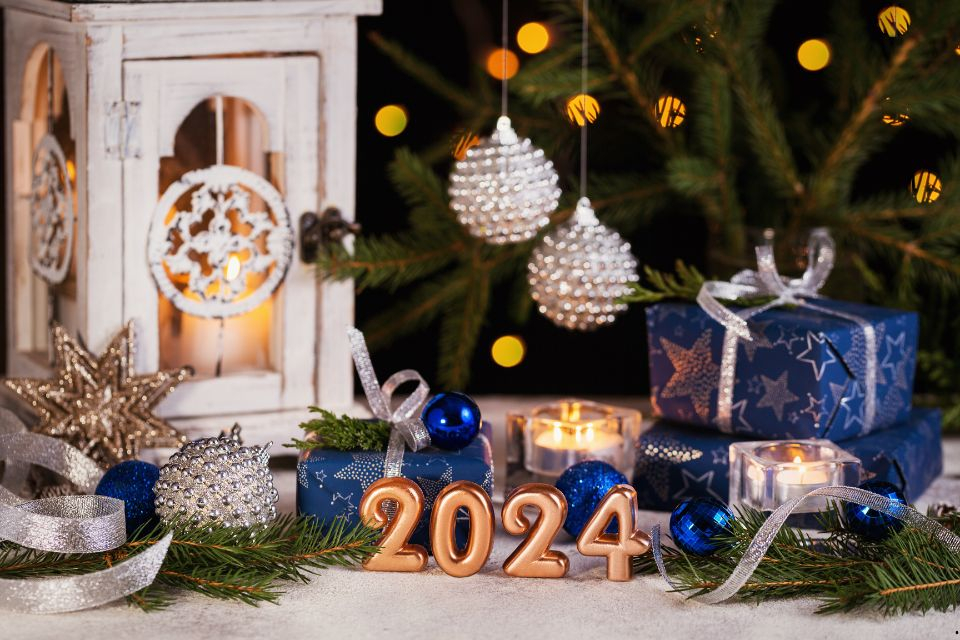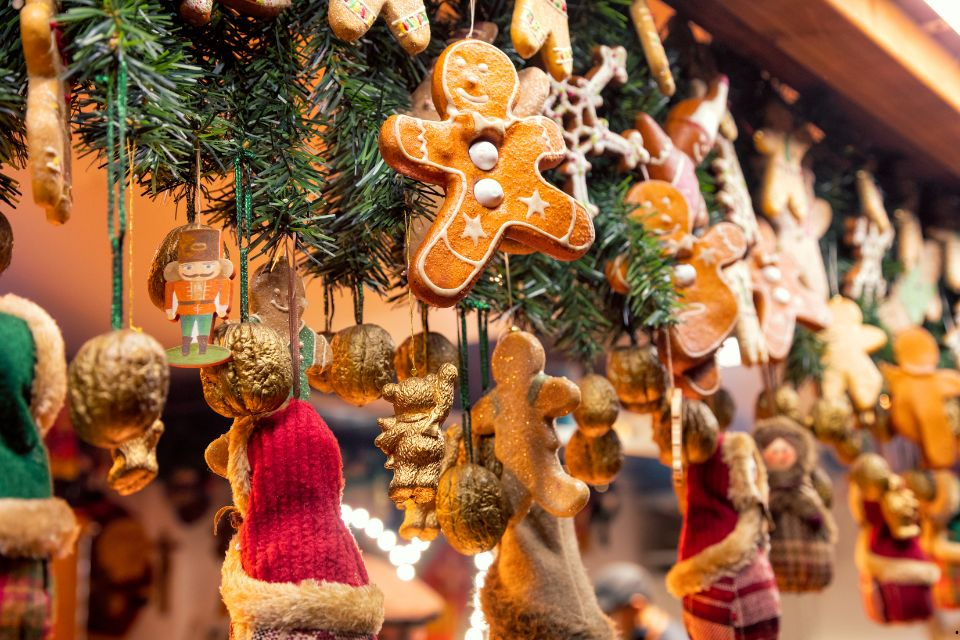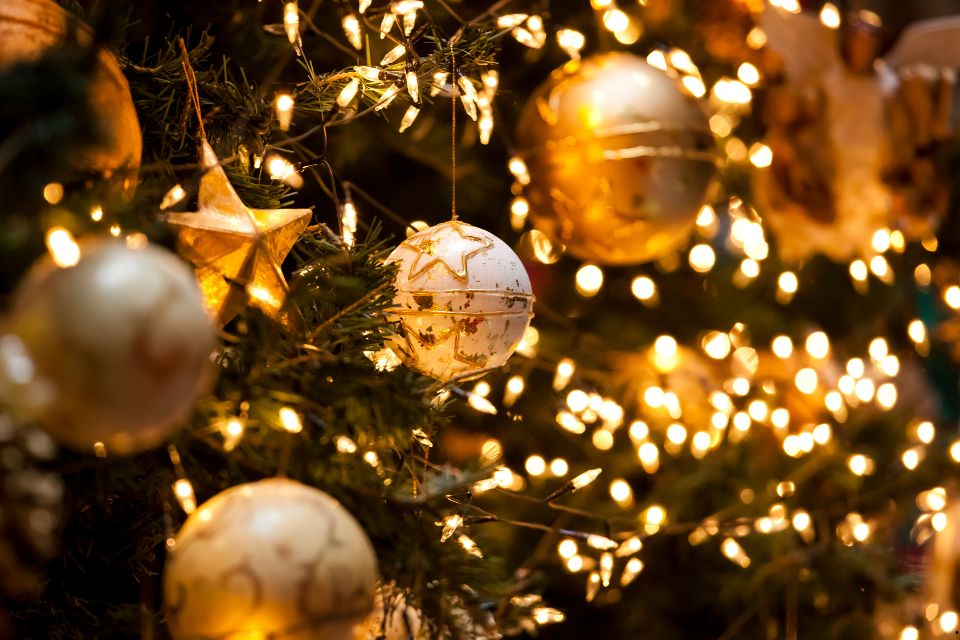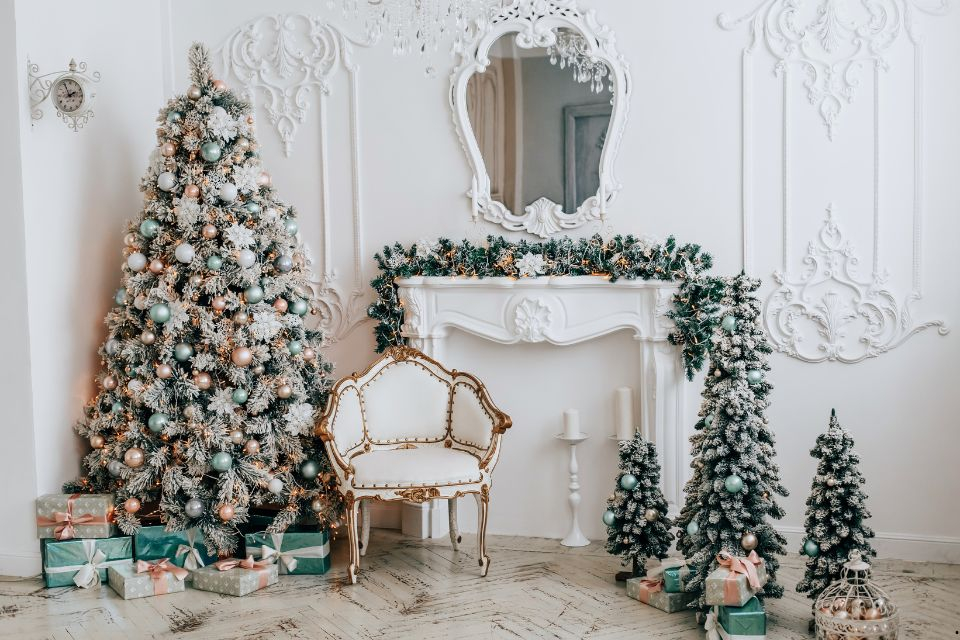Easter egg decoration has become a cherished tradition, with many creative ways to transform simple eggs into vibrant, unique works of art. This article explores the top 10 creative techniques for decorating Easter eggs, using a variety of artistic methods to bring joy to your Easter festivities. Each technique is designed to not only engage your artistic side but also create memorable Easter decorations that can serve as a focal point for your celebration.

Botanical Imprint Eggs: Nature-Inspired Designs
Botanical imprint eggs use small leaves, flowers, or herbs to create intricate natural patterns on the eggshell. By pressing delicate foliage onto the egg and securing it with nylon before dyeing, you can achieve a soft, nature-inspired design. This technique requires only a few materials and offers impressive results, perfect for an eco-friendly Easter decoration that celebrates spring.
Marbled Nail Polish Eggs: Swirling, Elegant Patterns
Using nail polish as a decorative medium offers a simple yet sophisticated way to marble Easter eggs. By adding drops of nail polish into a bowl of water and gently swirling with a toothpick, you can dip the egg to create a mesmerizing, marbled effect. This technique works well with pastel or metallic nail polish, bringing an elegant flair to your Easter décor.

Metallic Leafing: Add Luxurious Shine
Gold or silver leafing brings a touch of luxury to Easter egg decoration. By applying a thin layer of adhesive and carefully pressing metallic sheets onto the egg, you can achieve a high-end, polished look. The metallic foil reflects light beautifully, making these eggs a standout piece for any Easter display. This technique is ideal for those seeking a more sophisticated Easter aesthetic.
Galaxy Eggs: Cosmic Easter Eggs
Galaxy eggs provide a unique twist, with a design reminiscent of outer space. Begin by painting the egg in a deep black or navy base color. Using a sponge, add layers of purple, pink, and blue hues to create a galaxy-inspired effect. To complete the look, splatter white paint to resemble stars and sprinkle glitter for a cosmic, otherworldly shine. These eggs can serve as eye-catching centerpieces that capture the imagination.
Silk-Dyed Eggs: Repurpose Old Fabrics for Artful Eggs
Silk-dyed eggs are made by wrapping eggs in pieces of silk fabric, then covering them with a cloth and boiling them in a vinegar solution. The silk pattern transfers onto the eggshell, creating detailed, delicate designs. This eco-friendly method allows you to repurpose old silk ties or scarves, making it a sustainable and resourceful choice for Easter egg decoration.

Mosaic Eggs: Assemble a Colorful Patchwork
Creating mosaic eggs involves breaking colored eggshells into small pieces and arranging them on a plain egg in a mosaic pattern. Each piece is secured with glue to form a beautiful, patchwork effect. This technique allows for great creativity in color and arrangement, making it ideal for crafting distinctive, one-of-a-kind Easter decorations.
Decoupage Eggs: Vintage, Artistic Flair
Decoupage is a popular technique for adding intricate designs to eggs. By cutting patterned paper napkins or tissue paper and attaching them to the egg using Mod Podge, you can create vintage-style Easter eggs with minimal effort. The final result is a smooth, professional look that can be personalized with various colors and patterns, making decoupage a versatile choice for Easter décor.
Relate Post >> Top 10 E Commerce Platforms for Thanksgiving Shopping
Watercolor Wash: Soft, Dreamy Colors
Watercolor wash is a beginner-friendly technique that brings a soft, pastel look to Easter eggs. Diluted acrylic paints are lightly brushed onto the egg, creating a soft, ombré effect as the colors blend. This method provides a dreamy, watercolor-like finish that embodies the pastel palette of spring. The watercolor wash technique is ideal for achieving a delicate aesthetic in Easter egg decorations.
Sticker Resist Dye: Playful Patterns and Designs
Sticker resist dyeing is a simple way to create bold patterns on Easter eggs. By applying small stickers—such as stars, dots, or other shapes—before dyeing the egg, you can achieve a contrasting design. Once the dye dries, peel away the stickers to reveal clean, crisp shapes. This playful technique is ideal for families and children, offering an easy and mess-free way to add character to your Easter eggs.

Chalkboard Paint Eggs: Interactive and Customizable
Chalkboard paint transforms eggs into a customizable Easter activity. Once painted, eggs can be decorated with chalk, allowing you to draw, write messages, or create doodles that can be easily erased and redone. This technique is especially engaging for children, as they can continually personalize their Easter egg creations throughout the holiday.
Each of these creative techniques offers a unique approach to decorating Easter eggs, catering to a wide range of artistic preferences. From the luxurious sheen of metallic leafing to the earthy charm of botanical imprinting, there is a method for everyone to enjoy. Whether you're looking to involve the family in a hands-on activity or create a refined Easter centerpiece, these top 10 Easter egg decorating ideas provide endless possibilities for a memorable and visually stunning holiday celebration.
Read More >> Top 10 Meaningful Thanksgiving Gifts




